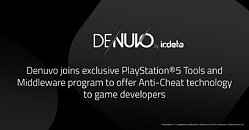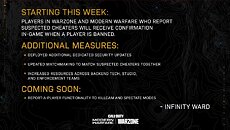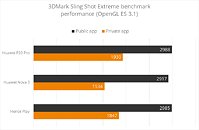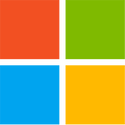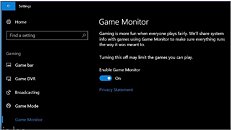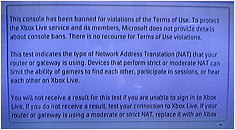
Activision, Bungie and Ubisoft Cracking Down on Input Device Hardware Modifications
The Call of Duty RICOCHET Anti-Cheat team announced earlier this month that their newly updated system was capable of detecting "third-party hardware devices that alter the Call of Duty gameplay experience" - this makes reference to a plethora of gaming input modification devices including the Cronus Zen/Max, XIM Apex and FPS Boost Strike Pack. All readily available from direct stores, Amazon and various e-tailers. These hardware modules are hooked up to a gamepad or mouse plus keyboard combination, and allow the user to bypass the legitimate control input detection on the host hardware, be it a games console or PC. Stock scripts and macros can be utilized - for example - to boost in-game aim assist to unprecedented levels, mitigate weapon recoil, and add support for mouse and keyboard in otherwise non-compatible games. Anti-cheat software suites have been unable to detect the extra layer of code, since it runs on an external device - until now.
CoD's security team elaborates on their cheat spotter: "Since our previous progress report, TeamRICOCHET has developed and tested a detection for third-party hardware devices that alter the Call of Duty gameplay experience. These devices act as a passthrough for controllers on PC and console and, when used improperly or maliciously, can provide a player with the ability to gain an unfair gameplay advantage, such as reducing or eliminating recoil. Testing is complete: This detection is deployed globally on all platforms. Users across PC or console who are detected to be using third-party hardware devices to impact the Modern Warfare II or Warzone 2.0 gameplay experience will first see a warning about the improper use of these devices..."
CoD's security team elaborates on their cheat spotter: "Since our previous progress report, TeamRICOCHET has developed and tested a detection for third-party hardware devices that alter the Call of Duty gameplay experience. These devices act as a passthrough for controllers on PC and console and, when used improperly or maliciously, can provide a player with the ability to gain an unfair gameplay advantage, such as reducing or eliminating recoil. Testing is complete: This detection is deployed globally on all platforms. Users across PC or console who are detected to be using third-party hardware devices to impact the Modern Warfare II or Warzone 2.0 gameplay experience will first see a warning about the improper use of these devices..."






